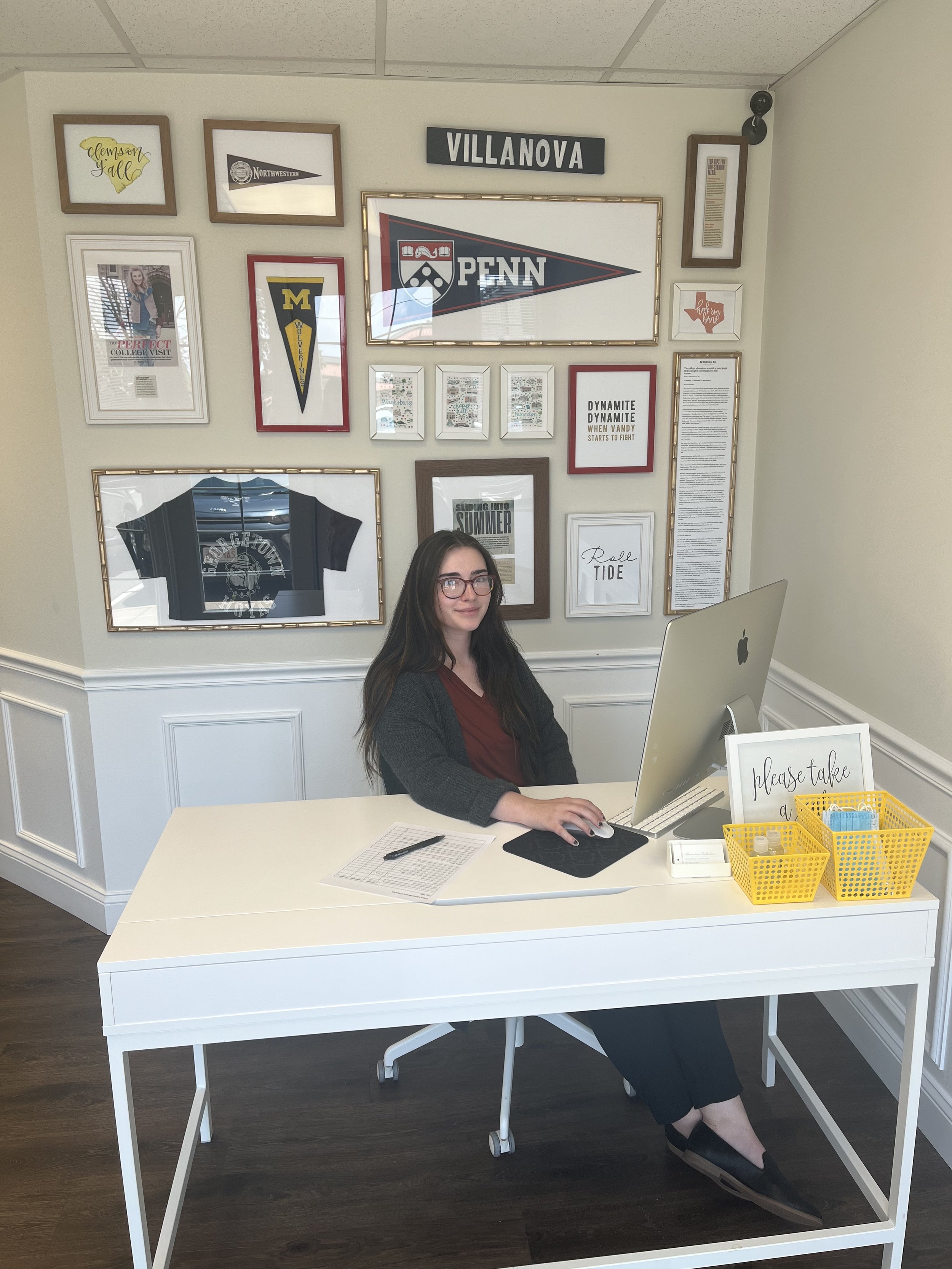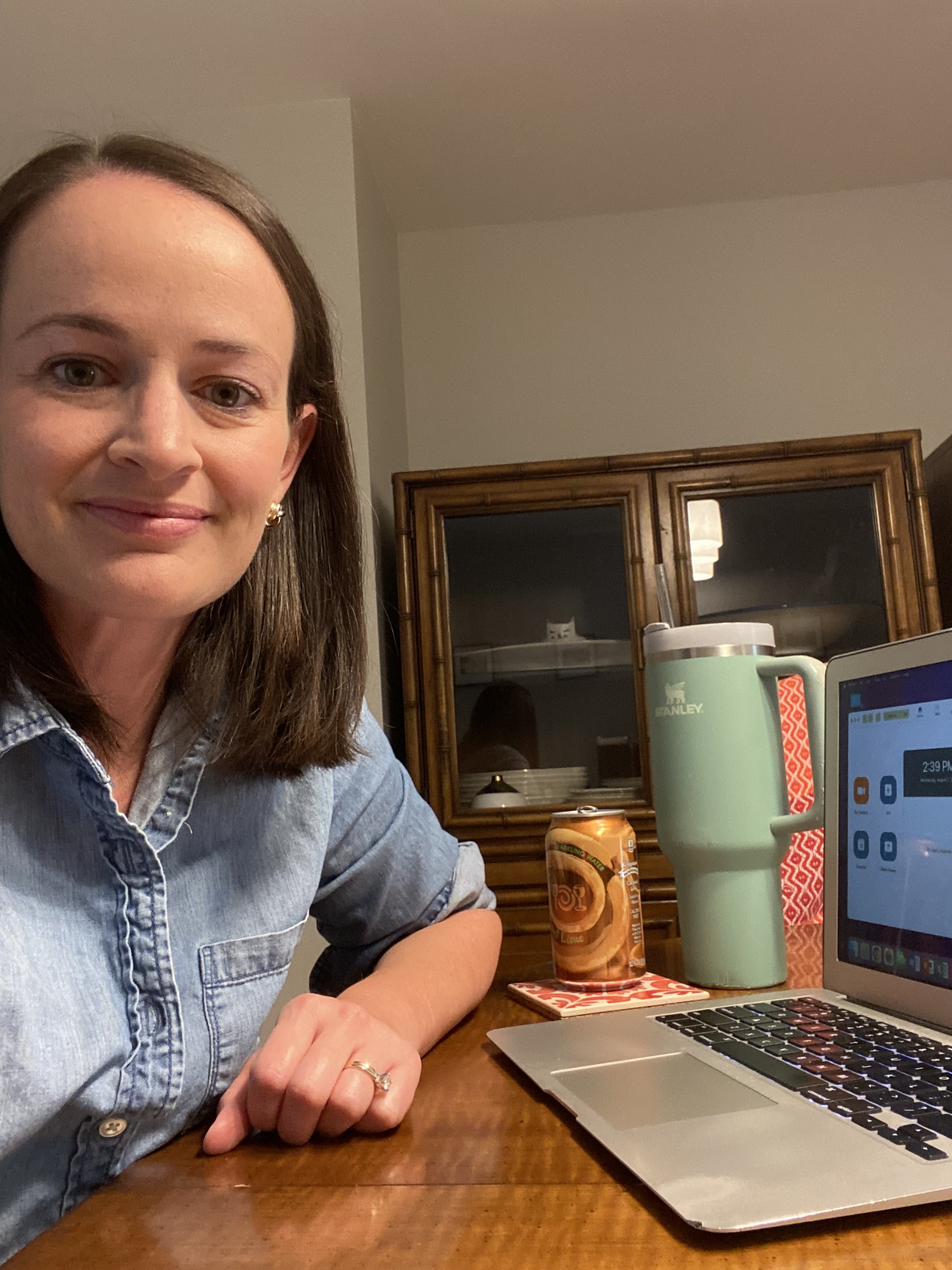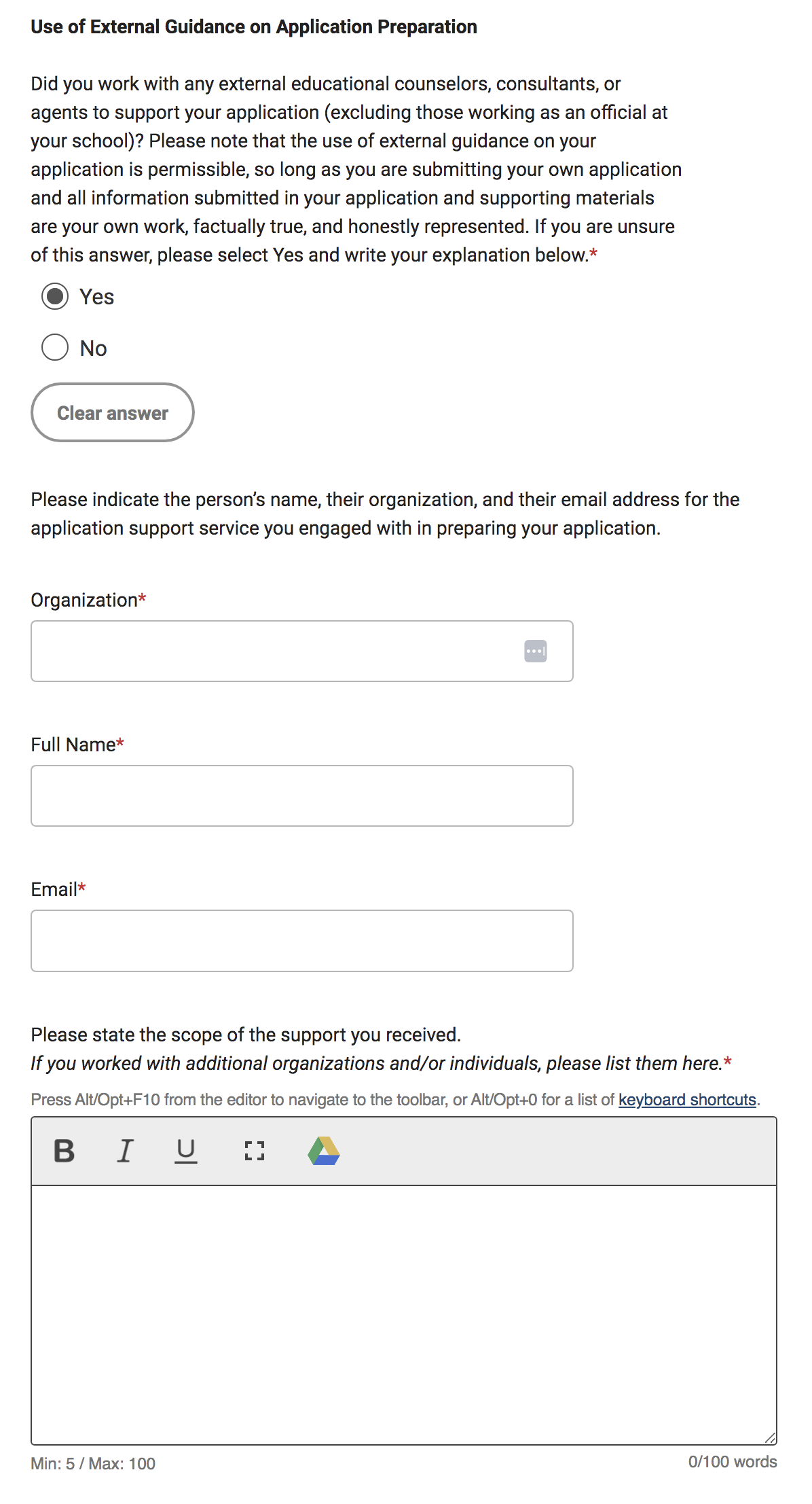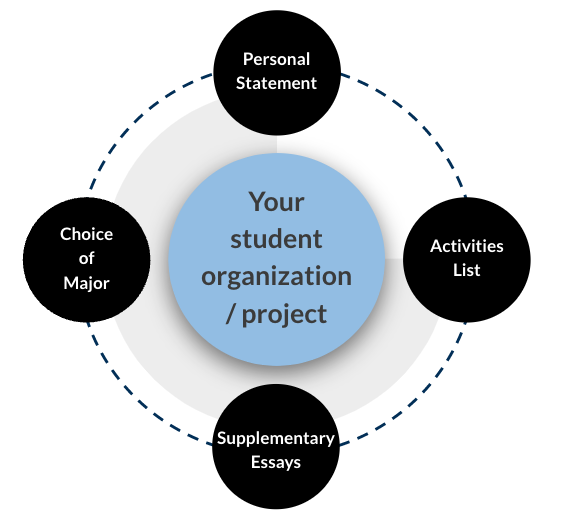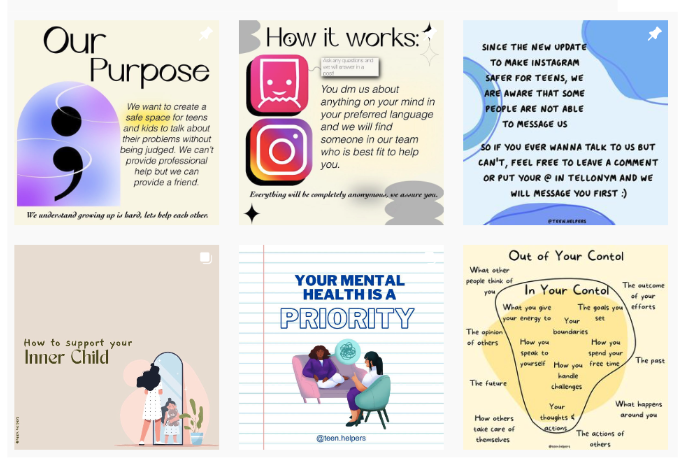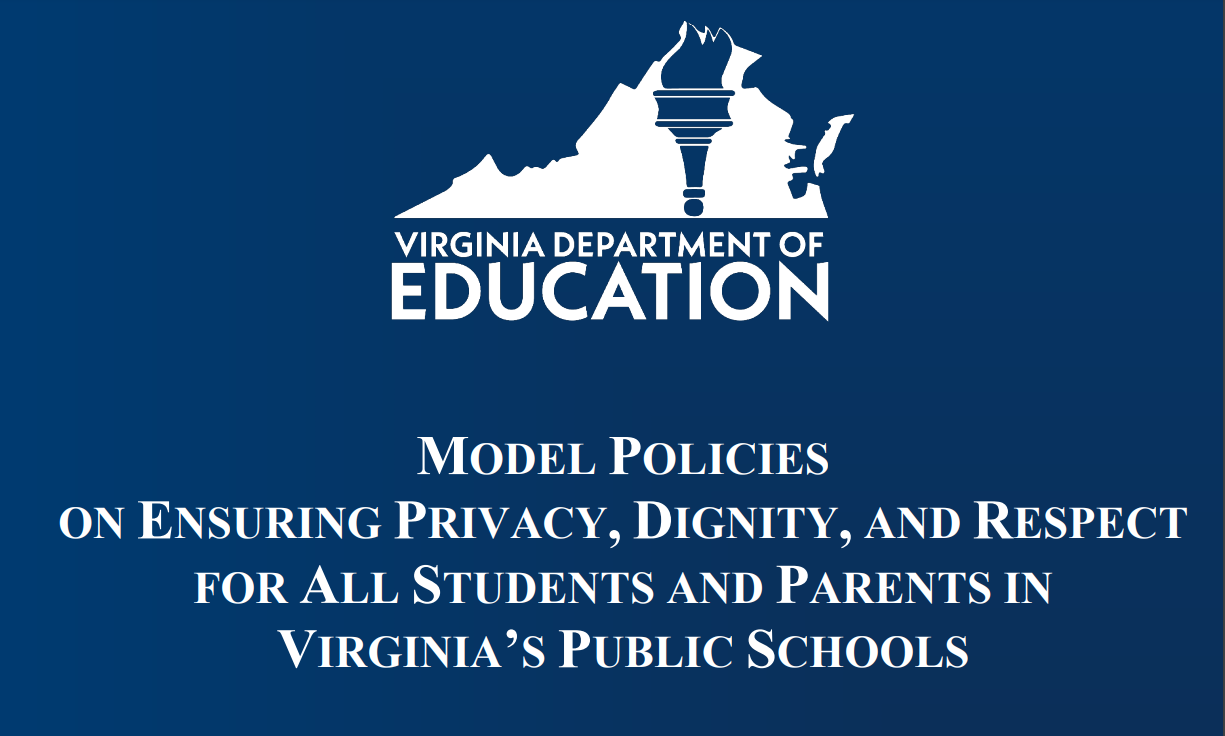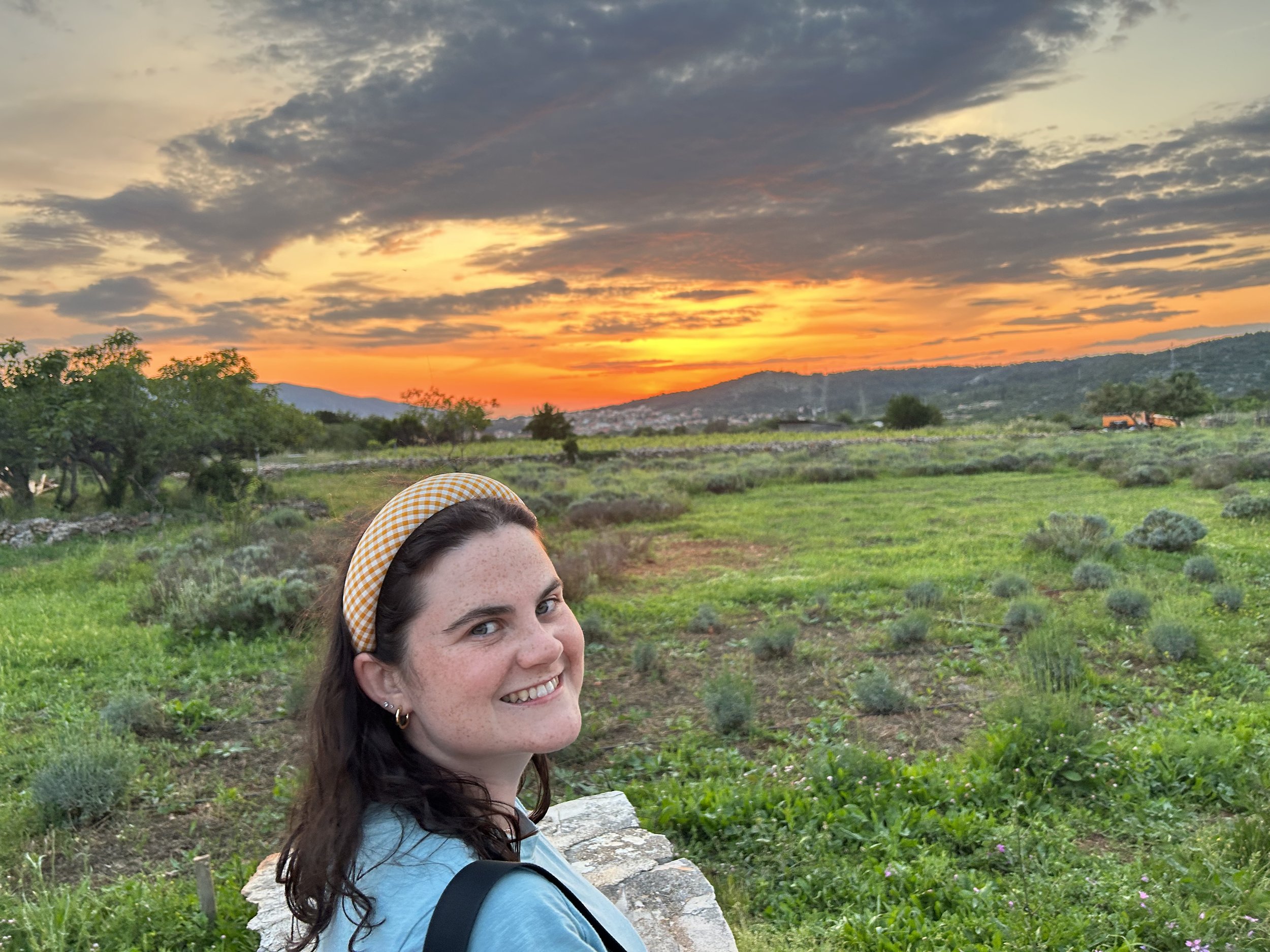It’s been a WHILE! We’ve been absolutely slammed these first few weeks of school as we try to finish up with our seniors during this unusual application cycle in the wake of the Supreme Court decision. No kidding, I have started this post about ten times. I think it’s safe to say that blogging might be a little bit more sporadic until mid-October, but we’ll get back to our normal posting schedule soon enough :)
BIGGEST COLLEGE-RELATED NEWS OF THE LAST FEW WEEKS
US NEWS MAKES SUBSTANTIAL CHANGES TO METHODOLOGY
U.S. News & World Report changed 17 of the 19 metrics they use in their annual college rankings, and boy did this year’s rankings look different than ever before! While the usual suspects are still right at the very top, so many other schools saw a major impact. Highly-selective private schools seemed to see the most negative impact and large public schools had the most positive impact. This is not surprising when you consider that class sizes, professors with terminal degrees, and alumni giving rates have now been removed from consideration. Added in their places were a number of factors that relate to first-generation and disadvantaged students. Important considerations, for sure, but so are the ones that were removed, in my opinion. As we always say, think about the factors that are important to YOU and look for rankings that emphasize those.
1 IN 3 COLLEGE STUDENTS HAVE SEEN OR EXPERIENCED ANTISEMITISM
How terrible - the “Jewish on Campus” watchdog group recently reported that a third of U.S. college students have been exposed to antisemitism. About half of that group experienced it directly, while the other half witnessed it. If you’re interested in more on the history of antisemitism in higher education, don’t miss the podcast Gatecrashers, which I posted about last fall. I was surprised by how much I personally learned from it, and would highly recommend it.
BOULDER IS THE NEW VILLANOVA
I kid you not, last winter I was on a call with a colleague as we commiserated about how insane that admission cycle’s results were, and he said something to the lines of “we’re okay as long as nothing changes with Boulder.” He went on to explain his belief that Boulder was one of the last schools out there with relatively relaxed admissions standards alongside a recognizable name. It was an excellent point… while it lasted. Word on the street is that their applications are up 40% year over year, and that statistic was from last week - before Saturday night happened. Sigh! And while I know that Villanova has always been more selective than Boulder, I’m still getting major 2016 and 2018 flashbacks.
FLORIDA APPROVES THE CLT
In the latest development on the ongoing battle between Florida and the College Board, the state just approved the CLT, or Classic Learning Test, as an alternative to the SAT and ACT. Because the CLT emphasizes Christian thought, it’s mostly been accepted by private Christian schools so far - definitely a strange move for public schools. It should be noted that the faculty representative on the state university system’s board of governors voted against this decision, citing a lack of data.
BEST ARTICLES OF THE LAST FEW WEEKS
While Wash U may be mourning their recent drop in the rankings (who cares about undergraduate class size, right?!) - they did end up winners in a different category. Yes, my alma mater is no longer the least economically diverse elite school in the country - Tulane is the unfortunate recipient of that honor now. Wash U, according to the New York Times, is actually now the institution with the greatest increase in economic diversity over the last decade. You can read more about the New York Times’ College Access Index and where various schools place on this scale.
Speaking of Tulane, they were featured in a different New York Times article, as well, for coming in at 2/3 female! (Poor Tulane. Plus a 29 point ranking drop. Rough month). We posted about the college gender gap a month or two ago, and I think it’s going to become more significant as schools fine-tune their policies in the wake of the Supreme Court ruling. This is tricky, because I can understand the rationale for having a balanced class. It’s hard all around.
Not quite an article, but I really enjoyed Wake Forest’s response to the recent rankings. Their 18-spot fall seemed particularly unfair to me, given that so much of the shifts had to do with social mobility. For those not in the know, Wake just introduced AN ENTIRELY NEW APPLICATION PLAN several months ago that’s JUST for first-generation students. That school is incredibly committed to social mobility, whether it is reflected in an arbitrary ranking or not.
And even further away from a traditional article, I wanted to share this TikTok video. Warning, some of the language is colorful, but I really like this guy and the messages he shares are typically spot-on. This one is about how to get a 4.0 in college, but it’s completely applicable to high school too. It’s so simple I feel like this is obvious! But then again, how many people are actually taking the time to do it, obvious or not?
OFFICE HAPPENINGS
As many of you know, Shannon had her last day at DC College Counseling. We definitely miss her and wish her all the best. She started working with us in the middle of Covid, so it’s been an interesting three years and it was wonderful to have her support!
We were incredibly excited to welcome Sally to our team, and you’ll “meet” her on the blog soon - but in the meantime, you can see her bio on our website here! She brings an incredible amount of experience to our organization and we are very lucky to have her.
I got to step out of the office a little early last week to go to the annual Madison vs. Marshall football game to watch my daughter cheer for VYI!
I am always so impressed with how kind the Marshall and Madison cheerleaders are to the little ones each year. This is such a big deal to them and the girls make them feel so special. Thank you for that :)
I was in U.S. News & World Report this week providing recommendation advice, and I have to say I’m pretty honored that they chose to share our materials with the world as examples! That Hermione letter makes me smile. We give it to our students to share with their recommenders so the recommenders can see an example of what a strong letter should look like. Our essay coach Alan wrote it, and he’s the best creative writer I know. Not surprisingly, he’s also the coach that does the final edit of all of our Common App essays!
In other news, we have come across SO many opportunities lately for students interested in taking on leadership roles at school or in the community. Check out the following provided by either Elaine Tholen or Karen Keys-Gamarra:
The Fairfax County Teen Advocates Program is for youth ages 12-19 who want to be community leaders against dating violence. Teen Advocates participate in campaigns to raise awareness about dating and sexual violence and other issues that impact youth. They also work with their peers and Fairfax County agencies to design fun events, such as the annual Art Contest and Talent Showcase, which engage community members in conversations about tough topics like abuse. Click here to apply by September 29 and to learn more about the program.
Are you a young person between the ages of 10 and 29 with an idea of how digital tools can be used to help improve other young people’s well-being? Do you have ideas about how we could creatively use technology to increase young people’s knowledge around issues that impact them? The United States Agency for International Development (USAID) is looking for creative innovators with solutions to pressing issues around well-being. Is this you? If so, apply today for the Youth Well-Being Prize Competition! Applications are open now and close on September 29, 2023. To apply, please fill out the application form and submit here.
Calling all student artists! The Northern Virginia Soil and Water Conservation District is seeking students to design posters to submit to the 2023 Youth Poster Contest. The theme for this year is ‘One Water.’ This contest is open to all K-12 students in Fairfax County, and scouts are eligible to earn a poster contest patch. Additionally, this year will feature a new digital poster contest open to students in grades 7-12. Learn more about both poster contests and download your entry form on the Conservation Poster Contest website. Entries are due by September 30, 2023.
The Youth Conservation Leadership Institute (YCLI) is a program for 9th-12th grade students offered by Virginia’s Soil & Water Conservation Districts. YCLI focuses on volunteer service, environmental stewardship, leadership, and connecting students with environmental issues in their local communities. YCLI students complete a 20-hour project of their choosing throughout the school year, meet with their cohort, and receive the guidance of mentors. Learn more about YCLI and apply by Monday, October 2.
The Fairfax County Police Department is accepting applications for Public Safety Cadets. Young people between the ages of 14-20 who are interested in learning more about law enforcement and are ready to provide community service are encouraged to apply. Public Safety Cadets is a national organization that partners with law enforcement agencies to provide leadership, ethics, and career preparation training. Fairfax County operates three units in three different locations within the county with police officers serving as mentors. Find more information and the Public Safety Cadet application on the Fairfax County Police Department website. Applications are due by Monday, October 2, 2023, at 7:30 p.m.
Have a great rest of your week!














